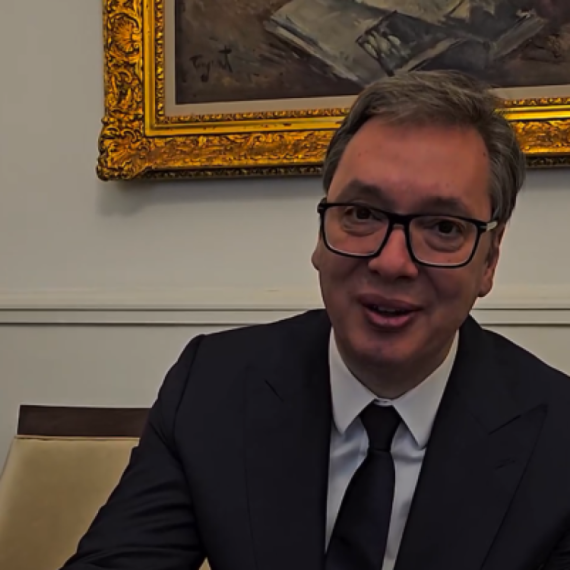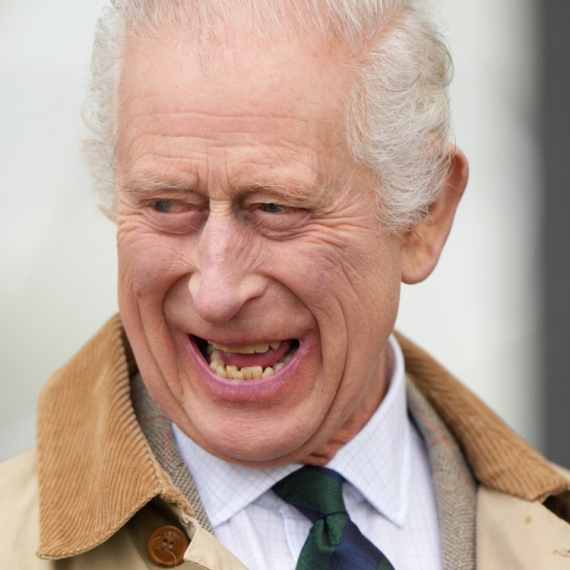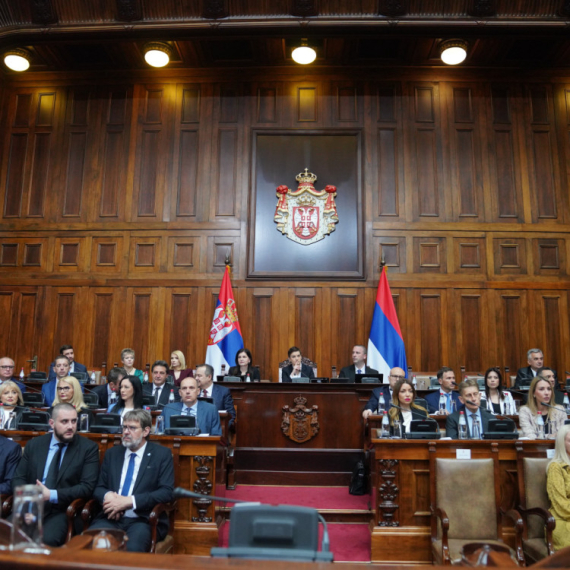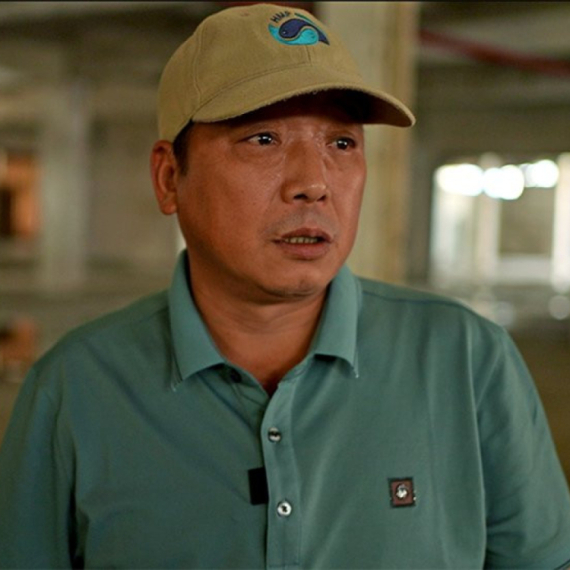Britain ordered to release "torture" papers
The British government has failed in its legal attempt to prevent the release of details of the alleged torture of a former UK resident.
Saturday, 17.10.2009.
11:14

The British government has failed in its legal attempt to prevent the release of details of the alleged torture of a former UK resident. The papers are a summary of what American agents told Britain about Ethiopian-born Binyam Mohamed before he was secretly interrogated in 2002. He welcomed the High Court’s ruling: Britain ordered to release "torture" papers “I think the benefit will be that (the public) will actually understand what the government has been hiding all this time, and they can question the government about any wrong-doing. And without (this decision), it is like, what the government says goes.” Mohamed was arrested in Pakistan, where he says a British intelligence agent questioned him before he was sent to Morocco, and then to Guantanamo Bay. The British government said releasing the papers would threaten national security and relations with Washington. “I think it’s very important that we preserve the fundamental principle of our intelligence relationships, not just with the US, but with other countries, which is that if we give them our secrets they protect them, and if they give us their secrets we protect them as well,” said the British Foreign Secretary David Miliband. “These documents have been given to Mr Mohamed’s defense counsel, but I don’t think it’s right that they’re just published into the public domain.” However, the High Court ruled that the risk to British national security is not serious, and that there is an overwhelming public interest in disclosing the material. Publication of the papers will be delayed while the British government pursues its appeal.
Britain ordered to release "torture" papers
“I think the benefit will be that (the public) will actually understand what the government has been hiding all this time, and they can question the government about any wrong-doing. And without (this decision), it is like, what the government says goes.”Mohamed was arrested in Pakistan, where he says a British intelligence agent questioned him before he was sent to Morocco, and then to Guantanamo Bay. The British government said releasing the papers would threaten national security and relations with Washington.
“I think it’s very important that we preserve the fundamental principle of our intelligence relationships, not just with the US, but with other countries, which is that if we give them our secrets they protect them, and if they give us their secrets we protect them as well,” said the British Foreign Secretary David Miliband.
“These documents have been given to Mr Mohamed’s defense counsel, but I don’t think it’s right that they’re just published into the public domain.”
However, the High Court ruled that the risk to British national security is not serious, and that there is an overwhelming public interest in disclosing the material. Publication of the papers will be delayed while the British government pursues its appeal.


























































Komentari 3
Pogledaj komentare